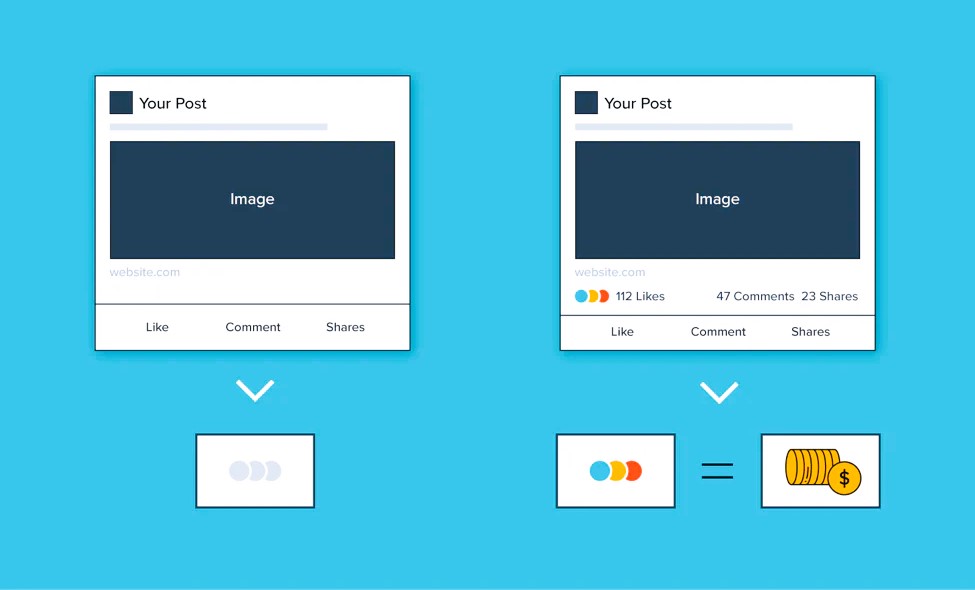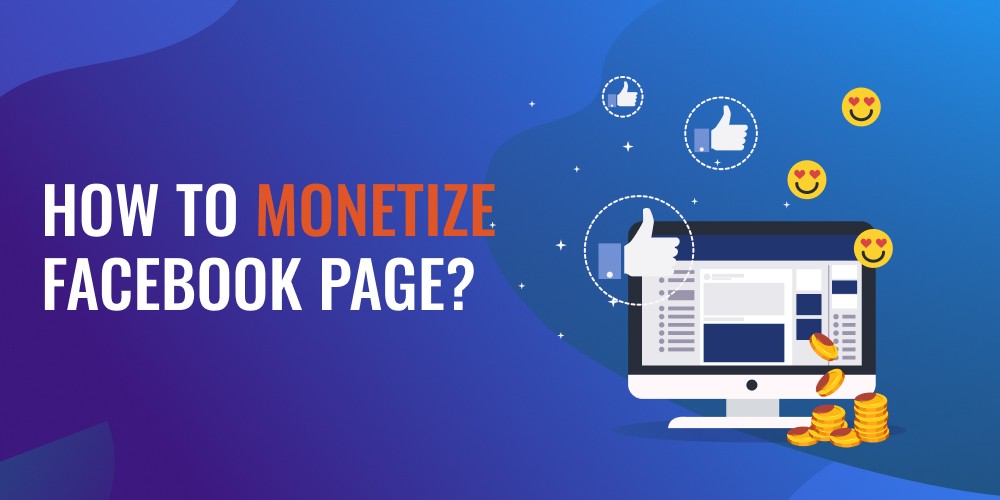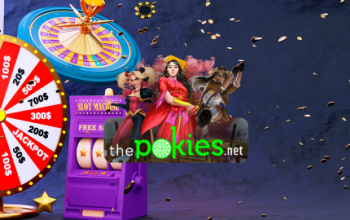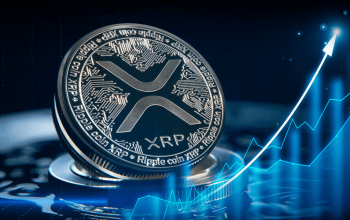Can You Monetize a Facebook Page with Purchased Likes?
In the world of social media marketing, Facebook remains one of the top platforms for businesses and influencers looking to reach a broad audience. However, growing a Facebook page organically can be challenging, especially in today’s competitive digital landscape. To speed up the process, many turn to purchased likes as a shortcut to gain traction. But the question remains: can you truly monetize a Facebook page with purchased likes? In this article, we’ll explore the potential benefits and pitfalls of using paid likes and whether they can help you effectively monetize your page.
1. Understanding Purchased Likes
Purchased likes are likes that are obtained through third-party services, such as Buy likes for FB page, where users pay for a boost in their page’s likes. These services often target users from specific demographics, ensuring that the likes you receive come from profiles that might be interested in your content. However, it’s crucial to differentiate between real, active users and fake or inactive accounts. Real likes from engaged users are more valuable, as they can lead to higher engagement rates and better monetization opportunities.
2. The Role of Social Proof
One of the main reasons people purchase likes is to create social proof. When potential followers see a page with a large number of likes, they are more likely to follow it themselves. Social proof is powerful in establishing credibility and trust, and it can play a crucial role in converting followers into paying customers or loyal fans. In this sense, purchased likes can help create the illusion of popularity, which can, in turn, attract genuine followers who are more likely to engage with your content and become part of your monetization efforts.
3. Monetizing Your Facebook Page
There are several ways to monetize a Facebook page, such as through sponsored posts, affiliate marketing, selling products or services, and offering exclusive content. But can purchased likes help you achieve this?
- Sponsored Posts: Brands are more likely to partner with influencers or pages that have a high number of likes and engagement. Purchased likes can make your page appear more appealing to potential sponsors. However, it’s crucial that you also focus on organic engagement (comments, shares, etc.) because brands typically look for active audiences rather than just inflated numbers.
- Affiliate Marketing: If you promote affiliate products or services, having a larger follower base can help you generate more sales. While purchased likes may attract a bigger audience initially, long-term success in affiliate marketing depends on the real engagement of your followers. It’s important to ensure that your audience finds value in the content you’re promoting.
- Selling Products or Services: Facebook’s Marketplace, shops, and ads allow businesses to sell directly to users. A higher number of likes might give you an initial boost, but again, actual sales depend on the quality of your products and the level of engagement from your audience. If your followers are genuinely interested in your offerings, they’ll be more likely to convert into customers.
- Exclusive Content & Subscriptions: Facebook also provides options for monetizing through fan subscriptions, where followers can pay for exclusive content. For this to work, however, the likes on your page need to be accompanied by authentic engagement. If purchased likes don’t convert into active followers, your monetization efforts may fall flat.
4. The Risks of Purchased Likes

While purchased likes can give your page a quick boost, there are risks involved in relying solely on them for monetization:
- Fake or Inactive Followers: If the likes are from inactive or fake accounts, your engagement rate will suffer. This could lead to lower organic reach, which is critical for monetization. Facebook’s algorithm prioritizes content from pages with high engagement, and if your purchased likes aren’t real, your content may not be shown to as many people.
- Damage to Reputation: Relying too much on purchased likes can damage your reputation if followers or potential sponsors discover that your popularity was artificially inflated. Authenticity is key in building long-term relationships with your audience.
- Adverse Impact on Ads: If you plan on running Facebook ads, having fake likes on your page can negatively affect the performance of your ads. Facebook’s algorithm favors pages with authentic engagement, so a page filled with purchased likes may see lower performance in terms of targeting, reach, and conversion rates.
5. Best Practices for Combining Paid Likes with Organic Growth
To truly monetize your Facebook page, a combination of paid likes and organic growth is the most effective approach. Here’s how to do it:
- Buy likes from trusted services: When purchasing likes, choose a reputable provider like Buy likes for FB page that offers real, engaged users.
- Focus on content quality: Create valuable, engaging content that encourages likes, shares, comments, and discussions. Organic engagement is the cornerstone of a successful monetization strategy.
- Engage with your followers: Respond to comments, run polls, and create interactive posts. The more you engage with your audience, the higher the chances they will trust you and invest in your products or services.
- Monitor Analytics: Use Facebook’s Insights to track the effectiveness of your paid likes and organic strategies. This will help you fine-tune your content and ads for better monetization results.
Monetizing a Facebook page with purchased likes is possible, but it requires a strategic approach. Paid likes can help attract initial attention, establish social proof, and boost your credibility, but they shouldn’t be relied on as your sole strategy. To successfully monetize, you must focus on producing quality content, engaging with your followers, and ensuring that your audience is genuinely interested in your offerings. With the right mix of paid and organic growth, you can turn your Facebook page into a profitable platform.



